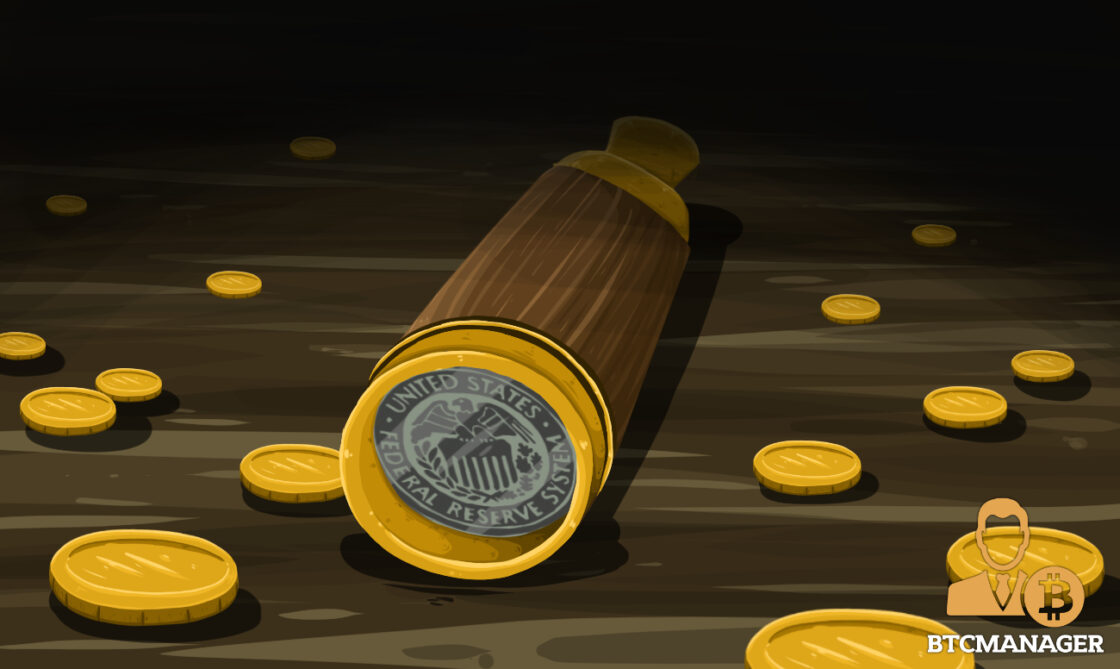PALO ALTO, Calif. (Reuters) - The Federal Reserve is looking at a broad series of issues around digital payments and currencies, consisting of policy, style and legal considerations around possibly releasing its own digital currency, Guv Lael Brainard stated on Wednesday. Brainard's remarks recommend more openness to the possibility of a Fed-issued digital coin than in the past." By changing payments, digitalization has the prospective to deliver higher value and convenience at lower cost," Brainard said at a conference on payments at the Stanford Graduate School of Company.

Main banks globally are disputing how to manage digital financing innovation and the distributed journal systems utilized by bitcoin, which promises near-instantaneous payment at potentially low expense. The Fed is establishing its own day-and-night real-time payments and settlement service and is presently examining 200 remark letters sent late last year about the suggested service's design and scope, Brainard said.
Less than two years ago Brainard informed a conference in San Francisco that there is "no engaging demonstrated requirement" for such a coin. But that was prior to the scope of Facebook's digital currency aspirations were extensively known. Fed fedcoin 2020 authorities, consisting of Brainard, have actually raised issues about consumer defenses and information and privacy hazards that could be postured Helpful hints by a currency that could come into use by the third of the world's population Learn more that have Facebook accounts.
" We are collaborating with other main banks as we advance our understanding of reserve bank digital currencies," she said. With more nations checking out issuing their own digital currencies, Brainard said, that includes to "a set of factors to also be ensuring that we are that frontier of both research and policy development." In the United States, Brainard said, issues that require research study include whether a digital currency would make the payments system safer or simpler, and whether it could posture monetary stability threats, consisting of the possibility of bank runs if money can be turned "with a single swipe" into the reserve bank's digital currency.
To counter the monetary damage from America's unprecedented national lockdown, the Federal Reserve has actually taken unmatched steps, including flooding the economy with dollars and investing straight in the economy. The majority of these moves got grudging approval even from numerous Fed skeptics, as they saw this stimulus as needed and something only the Fed might do.
My brand-new CEI report, "Government-Run Payment Systems Are Risky at Any Speed: The Case Versus Fedcoin and FedNow," information the dangers of the Fed's current prepare for its FedNow real-time payment system, and propositions for main bank-issued cryptocurrency that have actually been called Fedcoin or the "digital dollar." In my report, I go over issues about privacy, data security, currency control, and crowding out private-sector competition and development.
Supporters of FedNow and Fedcoin state the government must create a system for payments to deposit immediately, rather than motivate such systems in the economic sector by lifting regulative barriers. But as kept in mind in the paper, the economic sector is supplying a relatively endless supply of payment technologies and digital currencies to solve the problemto the extent it is a problemof the time space in between when a payment is sent and when it is received in a checking account.
And the examples of private-sector development in this location are many. The Clearing House, a bank-held cooperative Article source that has actually been routing interbank payments in numerous forms for more than 150 years, has been clearing real-time payments considering that 2017. By the end of 2018 it was covering half of the deposit base in the U.S.